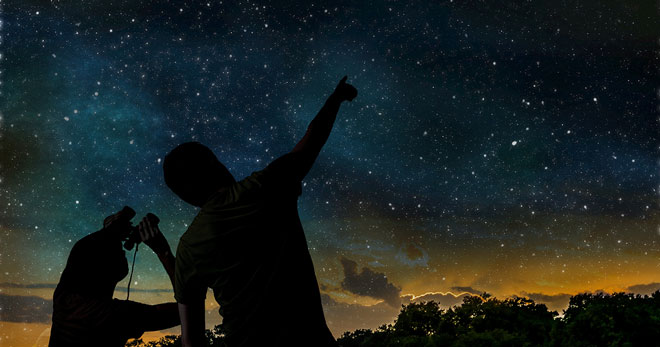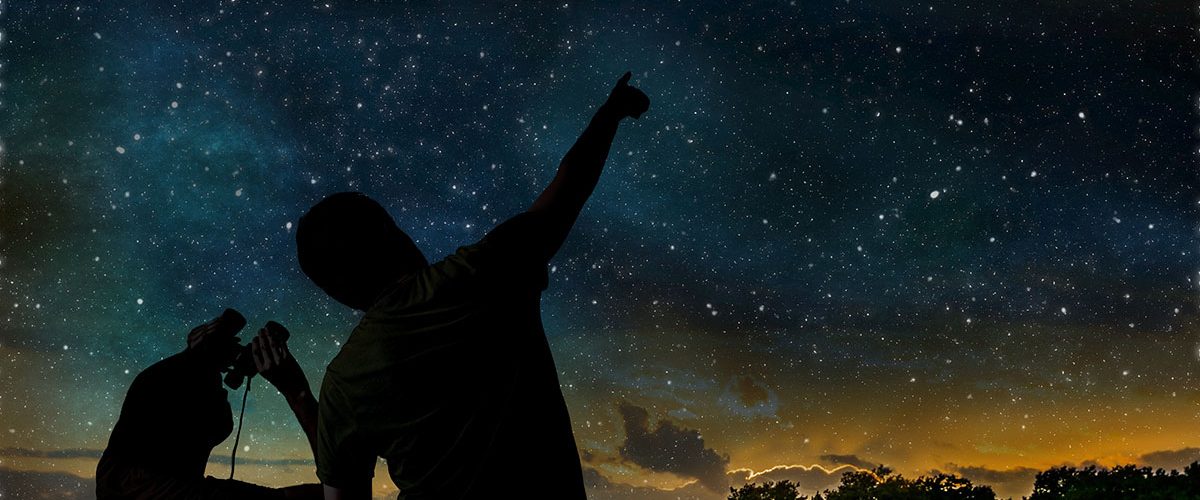 In episode 121 of the podcast astrologer Gemini Brett joins the show to talk about why it is important for astrologers to have some grounding in the astronomy underlying astrology, as well as some of the problems that can arise when they don’t.
In episode 121 of the podcast astrologer Gemini Brett joins the show to talk about why it is important for astrologers to have some grounding in the astronomy underlying astrology, as well as some of the problems that can arise when they don’t.
In the first half of the show we discuss the separation between astronomy and astrology, and some different instances where understanding the astronomy underlying astrological chart placements can help to enhance or improve one’s understanding of astrology.
In the second half of the show we talk about some extreme instances where lack of education in astronomy has the potential to manifest in problematic ways in the astrological community, specifically focusing on the flat earth conspiracy theory.
This leads to some broader discussions about relativism in the astrological community, where to draw the line between belief versus science, and the relevance of certification or better standardization in our field.
For more information about Brett visit his website at: MoreThanAstrology.com
Below you will find links to download or stream this episode of the podcast.
Transcript
A full transcript of this episode is available: Episode 121 transcript
Listen to This Episode
You can either play this episode of the podcast directly from the website or download it as an MP3 to your computer by using the buttons below:
Podcast: Play in new window | Download (Duration: 1:54:31 — 52.8MB)


This podcast brought to mind two queries that I am wondering about. They relate to the origin of the planetary rulers of each sign of the astrological zodiac. First, were the sun and moon, the two celestial objects giving off the most light, chosen as the rulers of Leo and Cancer, respectively, because these two signs correspond to the time of year when the length daylight is maximum, i.e., the days with the most light? Second, the choices of which luminary would be the ruler of either Leo or Cancer seems intuitively obvious to me, but do you think that the ancient astrologers also made the choice of their rulers in a similar fashion?
This is a standout show and should go on your highlight reel.
I am familiar with Santos Bonacci. Loving the Scorpio vibe (I’m not a Scorp but Venus is my chart ruler, in Scorpio) — we love diving into these dark areas.
I’ve heard, and have brief experience with to verify, that early Santos Bonacci was good. A lot like Brett said: thoughtful, eclectic, even if the words of Ronald Reagan ring true: “Trust, but verify.”
He’s been co-opted. Happened after he went to jail about two years ago. I don’t know what “they” did, and it’s not worth speculating about on a professional avenue, but it’s clear something happened.
This is commonly done among whistleblowers as a way to discredit everything they’ve ever done. But at a certain time Bonacci was legit.
As a budding professional astrologer, however, how in good reason could I research Bonacci before Rudhyar? Tyl? So I don’t know Bonacci like *that.*
A lot of Brett’s viewpoint of astrology parallels the great Jason Holley. As soon as you get him on, I’m a Patreon subscriber. Just sayin’.
Great show! Very thought provoking on many levels. I appreciate Gemini Brett sharing some of his biography with us as I’ve seen his work online but haven’t known much about him. Also, this talk was one of the few times I’ve heard the astronomy of the primary and secondary motion discussed. Earlier in my studies I could see that planets and zodiacal signs on the chart moved in opposite directions but didn’t learned then that this phenomena has a name. For this upcoming this Full Moon, I’m eager to get outside and watch the Moon move in “both directions”!
“Astronomy” gets its name from the Greek “aster” (star), and “onoma” (to name). Originally, the astronomer’s task was naming the stars. And so it is that to this day astronomers are among the worst pedants out there when it comes to calling things by their right and proper names.
For a long time — really up until sometime in the early 1970’s — if you slipped and said “…the moons of Jupiter…”, an astronomer would be very quick and eager to point out “Dear sir! Jupiter has no moons. We call those satellites. The Earth’s satellite is The Moon.” Or, God forbid, you should slip and call a meteorite a meteor; or even worse, a shooting star. Why, that would give your astronomer friend good cause to pick up his telescope and go home. But as for astrologers calling the sun and the moon “planets”, now we’re really crossing the line.
You see, the main affliction of the acutely pedantic astronomer is the inability to accept even the possibility that while their discipline has traditional names for things in the heavens, or rather, in outer space, other disciplines might possibly have different names for those same things which are traditional to their disciplines. To the mind of the astronomer-of-very-little-imagination, calling the moon a “planet” is nothing less than an insult to their intelligence. It would, to me, be quite understandable that such an episode should rouse the curiosity of an astronomer rather than the ire. It might prompt him or her to ask “Why in the world do you call the moon a planet when you certainly learned about such things in school?” That is most unlikely, though. Instead, your trespass of referring to their moon as a “planet” is just one more piece of evidence proving your hopeless ignorance.
Astrologers must be able to demonstrate when speaking on matters that pertain to both fields of study that we are not without knowledge about astronomy. And by that, I mean more than just a cursory child-like level of understanding. I do not mean you must become a full-blown astronomer yourself. But a good first step in any relationship is being able to speak each other’s language. Plus, you might even find out that you enjoy astronomy as much as astrology; and that puts you in good company: Ptolemy, and Newton to name but two.